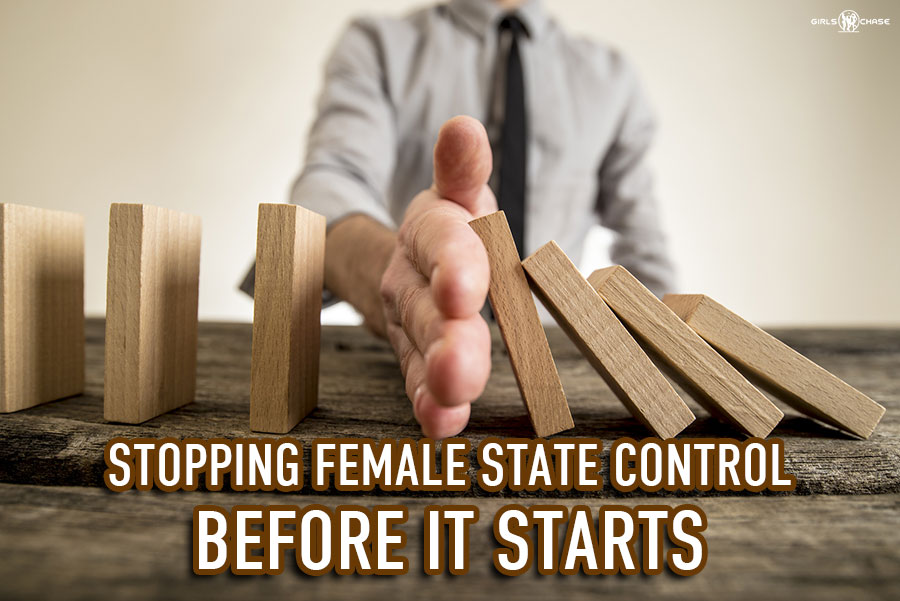Your Girlfriend's Love Language Might Be Different from Yours

You want to spend quality time together, but she'd rather do things for you she thinks you'll like? Different love languages can cause more issues than you'd think... until you realize they exist.
One of the most controversial articles on Girls Chase is my piece "Should You Pay for a Date?" My conclusion of that article was "No, you shouldn't pay. Not based on my experience. Not if you sleep with or date a gal." Many men and some women agreed with me. Many other women flipped out that I'd suggest not paying for women. Some men also said they found it odd or counterproductive. You can go read the comments on that article to see how hotly contested the issue was (and those comments kept coming for years).
Contents
For years after I wrote that piece I assumed the outraged women were outraged at the threat the article posed to the free rides they enjoyed. Who wouldn't be upset at the prospect of losing a quite literal meal ticket? That last thing a gal needs is a lot of guys reading that article, then cheapening up their dates and splitting the bills!
And while some female commentators clearly had that as their rationale, not all did. Some professed to genuinely see a paid-for date as an expression of how the man values them. I was aware there are women like this, but always considered them outliers. I assumed most women who fought for paid-dates were simply girls who'd been pampered and didn't like the threat they might lose that pampering.
Yet, there's a psychometric theory called 'love languages' that might also explain the controversy.
According to Gary Chapman's theory of love languages, wanting gifts isn't just that someone is or isn't spoiled.
Rather, different people actually primarily gauge how other people value them in very different ways. And just as some people like quality time most, and some people prefer touch, there are people for whom the primary way they feel valued is through gifts.











